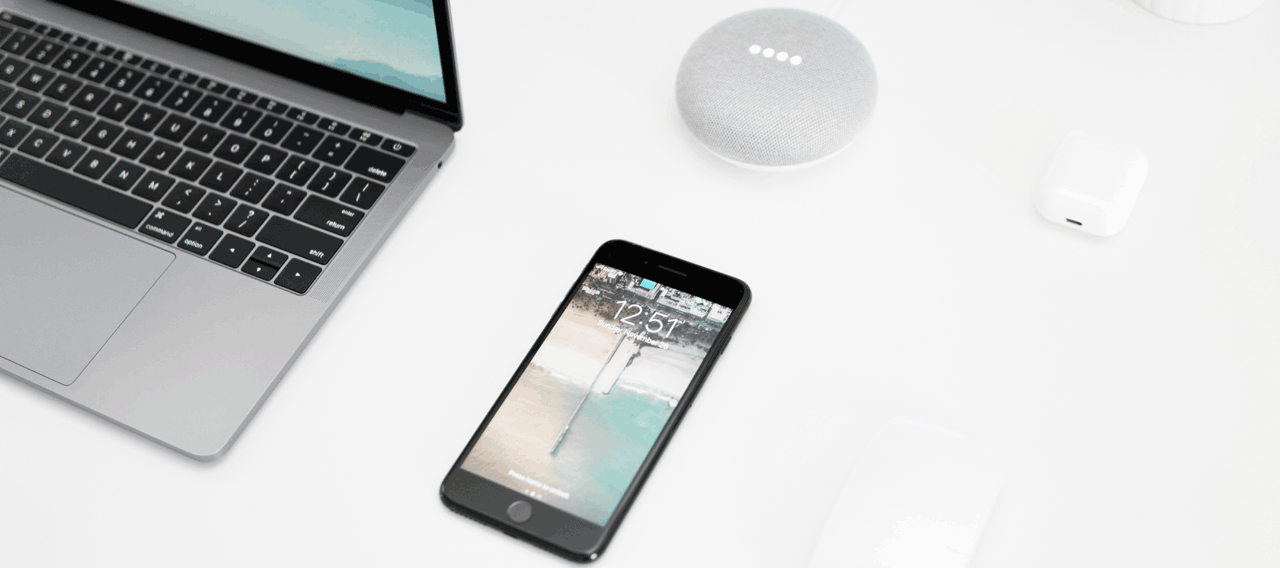A well known fact today is that with every advance in technology and social networking, there comes a threat to privacy. With the increasing use of the World Wide Web, cyber crimes are occurring at an alarming rate and even the medical profession has not been spared. Doctors and other healthcare providers now have to be extremely careful about guarding their personal information to avert any kind of situation that would tarnish their social image.
The easier way out is being cautious and active in taking all the steps required to abate social media fraud. Physicians must start to manage their own websites so that they are always aware of the personal as well as medical information being posted. The medical world follows the norm ‘Prevention is better than cure’; its time to apply it to the protection of the medical fraternity itself too now! Being aware of and taking control of your digital footprint will help you pick up any error at the earliest and prevent loss of privacy.
As per Health Insurance Portability and Accountability Act (HIPAA), the maintenance of electronic health records has increased a doctor’s vulnerability to falling prey to breach in conduct. The difficulty faced in managing a large data of electronic medical records can be tackled by the use of many software encryption tools that provide multiple levels of security and safety to the patient’s information as well as guard physician’s privacy. Doctors can also activate firewalls and Google alerts that can contribute in the protection of a physician or his advice from being misrepresented on a social platform.
The acquisition of the NPI (National Provider Identifier) number required by HIPAA for all health care providers carries the name, phone number and business address as well as the mailing address of the doctor provided to the National Plan & Provider Enumeration System (NPPES) and care needs to be taken not to reveal any personal information. In case the home address is given, it needs to be corrected with NPPES at the earliest as this information becomes public data and then there is no way to protect the healthcare provider’s privacy. Search for your own information here. If you have already added your home addresses in the database, correct it using the NPPES and when npidashboard.com updates each week, the address will be updated and your privacy maintained.
A lot of information has been misused due to young doctors being active on social networking sites. This can be prevented by getting to know all privacy settings that a site offers and actively adjusting them to suit your needs. Usually, networking sites like Facebook are very well protected. So, a little extra knowledge about the cyber world and willingness to spend that extra penny for security software can definitely keep the medical profession from being targeted by offenders!
Contributed by Dr. Rachita Narsaria, MD
References:
2.Privacy, professionalism and Facebook: a dilemma for young doctors.MacDonald J, Sohn S, Ellis P.Med Educ. 2010 Aug;44(8):805-13. doi: 10.1111/j.1365-2923.2010.03720.x.

